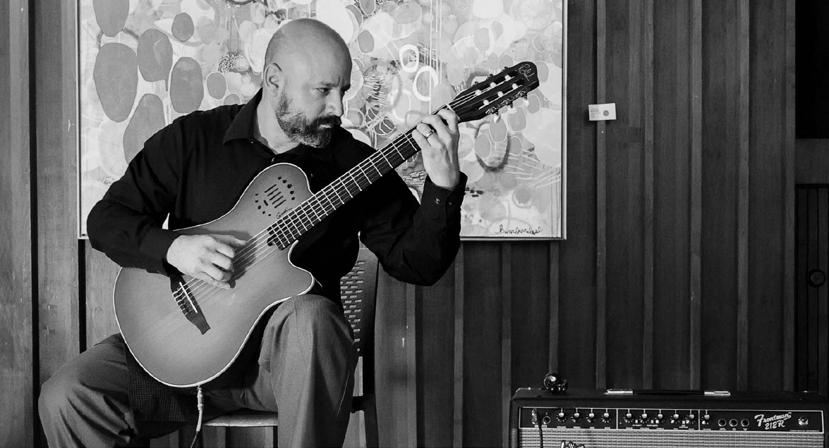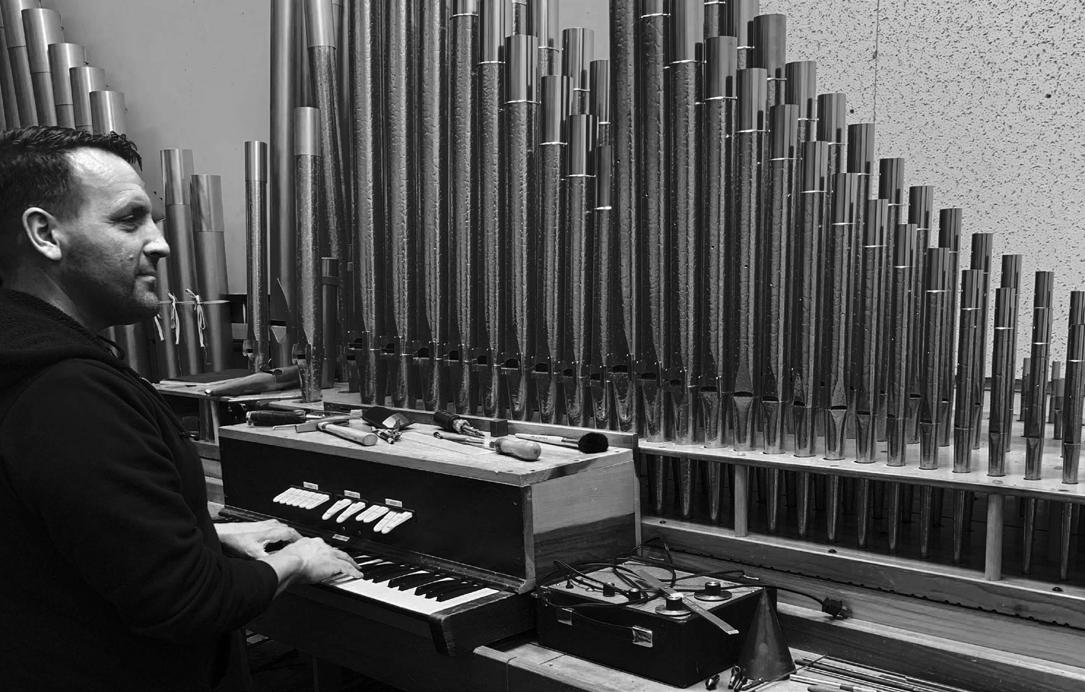Learning to
Listen THE MUSIC OF PAULINE OLIVEROS AND ANNEA LOCKWOOD ____ Words by Elizabeth Frickey
As music lovers, we all think we know what it means to listen. Perhaps we put on our headphones, select a piece of capital-m Music, close our eyes and let ourselves become enveloped by the beautiful sounds we experience. Maybe we even arrive at a concert venue, find our seats and allow ourselves to become enraptured by the sounds produced by the well-trained musicians on stage. But what happens after the music fades or the curtain falls? Why does our mode of listening suddenly change? It is easy to disregard everyday sounds as background noise in our normal listening
08 10
environments. We often rely so much on other senses to guide us through the world that our brains begin to block sounds that constantly surround us. To some composers, the line between environmental noise and music is intentionally blurred. Born in Houston in 1932, Pauline Oliveros was a founding member of the San Francisco Tape Music Center in 1962 and an early pioneer of analog electronic music. Despite the fact that her compositional career began primarily in creating electronic music, Oliveros was vocal about the influence of the sounds of the natural world












